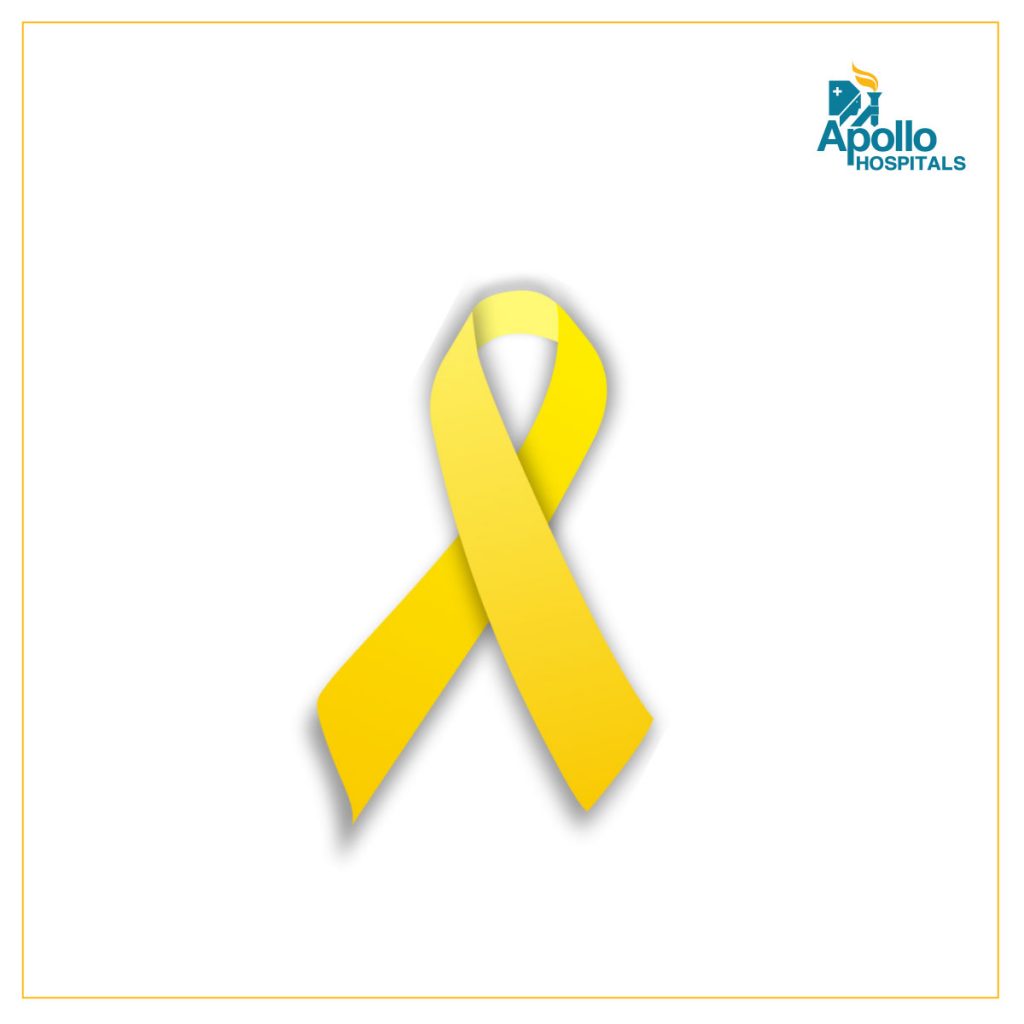Treatment of childhood cancer
- 1223 Views
- Apollo Hospital Mumbai
- February 18, 2021
- Uncategorized
Treatment of childhood cancer

Treatment modalities include Chemotherapy, Surgery, Radiotherapy, immunotherapy and bone marrow transplantation.
Chemotherapy may be given intravenous, injected into the spinal fluid (intrathecal) and / or orally. Intent is to kill cancer cells, prevent micro metastasis, symptomatic relief and in case of solid tumors to shrink the Tumor pre surgery.
Treatment of Leukaemia’s duration
In Paediatric leukaemia chemotherapy is the only modality of treatment.
Total duration of treatment is 2-3 years
Intensive phase 6-8 months
Oral maintenance chemotherapy 2 years
Preparing a child for chemotherapy is a holistic process.
It requires detailed counselling with a pre-chemotherapy organ evaluation ( heart , lung , kidney, dental and hearing assessment )
A thorough Nutritional assessment is mandatory as malnutrition and obesity both have a negative impact on the outcome.
Treating a child with cancer requires a trained paediatric oncologist, nutritionist, trained chemotherapy nurses , counsellor / play therapist as chemotherapy doses have to be precisely planned keeping in mind growth and developing body of a young child .
Before chemotherapy a central venous line or chemo port is inserted which minimises the pain of multiple needle pricks during chemotherapy sessions.
Outcome of paediatric cancers
With advances in diagnostic modalities of paediatric oncology , highly specialised care , precision radiotherapy, targeted therapy and improved supportive care 80% of children with cancers are long term survivors .
Early diagnosis and timely appropriate treatment of adequate duration are the key factors of this success story.
Care and lifestyle: Life beyond Cancer
Living beyond paediatric Cancers is not a myth. With advances in the field of paediatric cancers survival has increased to 80%. Today more than 5, 00,000 childhood cancer survivors are there in developed nations. There is an unmet need for a good survivorship program which starts typically when a child is in remission.
A healthcare provider in the local community in alliance with the primary paediatric oncologist form the crux of this team. These children are usually followed up every year for late effects, growth and development, vaccination needs, and are encouraged healthy lifestyle practices. It is a holistic approach which ensures these children can lead a normal life and stay in the best possible health.
DOES SURVIVING CANCER SHORTEN LIFE EXPECTANCY
Life expectancy difference between childhood cancer survivors and children without a history of cancer has narrowed over the years with recent advances in field of paediatric oncology.
LATE EFFECTS
Problems related to treatment of cancer that occur or persist after surviving cancer are known as “Late Effects”. The potential late effects are emotional problems, growth, development and hormonal problems, fertility issues, secondary organ dysfunction, second cancers, transfusion transmitted infections. If late effects occur, recognising them EARLY helps give a best chance of offering treatment .Hence the need of a continuous long term follow up programme.
PSYCHOLOGICAL EFFECTS
The diagnosis of cancer , prolonged treatment and fear of it coming back can lead to many psychological effects like post-traumatic stress disorders , sleep disorders, anxiety , depression , body dysmorphic disorders , academic difficulties, peer relation difficulties more so in teenagers . Also over protection on part of the parent leads to a lack of independence and obesity issues in young kids.
Does childhood cancer come back?
The odds of cancers coming back are different for different types of cancers.
Most cancers come back within the first 2 years of diagnosis .After 5 years you are less likely to have a recurrence . After 10 years your doctor may say that you are cured.
PREVENTION
Unlike many cancers of adults, lifestyle – related risk factors (such as smoking, tobacco chewing) don’t play a role in a child’s risk of getting cancer. If your child does develop cancer, it’s important to know that’s its extremely unlikely there is anything you or your child could have done to prevent it. Very rarely in known inherited gene changes in some cancers preventive surgery to remove an organ before cancer can develop may be offered. But, again this is extremely rare.
- November 25, 2024
Multiple Sclerosis (MS): Early Detection and Treatment Matter
- November 25, 2024
Pediatric Kidney Disease: Causes, Symptoms, and Treatment
- November 25, 2024
Obstructive Sleep Apnea (OSA): What You Need to Know?
- November 25, 2024
What is Inflammatory Bowel Disease (IBD) and How Does it Affect You?
- November 25, 2024
How Can You Boost Your Immunity for Better Health?
- Bone Marrow Transplant3
- Cardiac sciences44
- Child Care7
- Clinical Excellence33
- Cosmetology2
- COVID-199
- Diseases4
- Emergency8
- Emergency10
- Endocrinology1
- ENT5
- Fetal Medicine1
- Gastroenterology7
- General Medicine10
- General Surgery3
- Genomic Medicine2
- Gynecology1
- Health14
- Hematology2
- Kidney Transplant5
- Kidney Transplant2
- Liver Transplant6
- Neonatology1
- Nephrology2
- Nephrology & transplant1
- Nephrology & Urology4
- Neurosciences1
- Neurosciences21
- Nutrition/Diet1
- Obstetrics & Gynecology9
- Obstetrics & Gynecology4
- Oncology92
- Oncology3
- Ophthalmology1
- Orthopedic13
- Patient Speak1
- Pediatric Surgery4
- physiotherapy2
- Psychologist2
- Pulmonology2
- Rheumatology1
- Robotic Suregry1
- Robotic Surgery11
- Spine1
- Uncategorized111
- Women Care5
